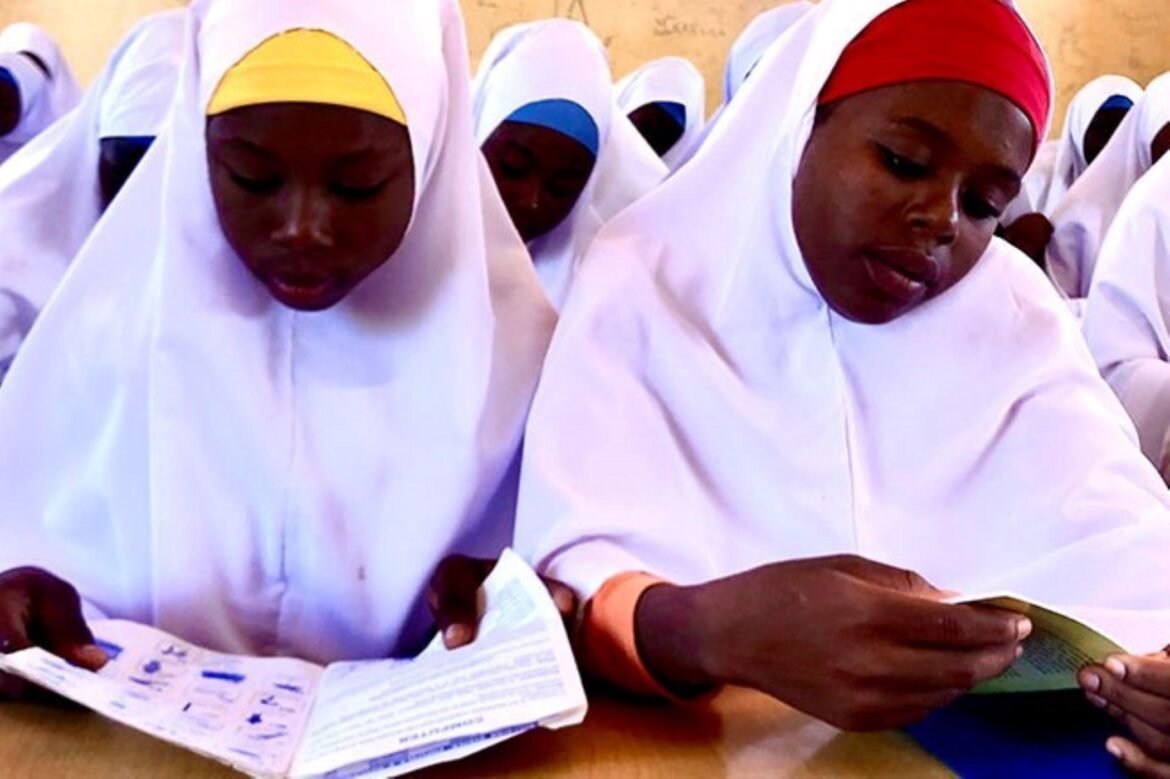The World Bank Board of Directors approved the sum of $500m credit from the International Development Association (IDA) for the Adolescent Girls Initiative for Learning and Empowerment (AGILE), in seven states in Nigeria.
The World Bank in a statement published on its website on Wednesday, announced Kano, Kebbi, Kaduna, Katsina, Borno, Plateau and Ekiti states as beneficiaries of the Adolescent Girls Initiative for Learning and Empowerment (AGILE) project.
The project which is aimed at improving secondary education opportunities among girls in targeted areas, will use secondary school as a platform to empower girls through education, life skills, health education (e.g. nutrition, reproductive health) GBV awareness and prevention, negotiations skills, self-agency and digital literacy skills.”
“A minimum of 6 million girls and boys are expected to benefit from the project and many more cohorts of students will continue benefiting after the project ends.
“The ambitious project will support access to secondary education and empowerment for adolescent girls in 7 states: Kano, Kebbi, Kaduna, Katsina, Borno, Plateau and Ekiti.
“Specifically, the project will benefit about 6.7 million adolescents and 15.5 million direct project beneficiaries will include families and communities in participating states”, the World Bank said.
READ ALSO: States To Receive $1.5bn World Bank Stimulus By September
It added that the project which had been adapted to respond to COVID-19 and would support a blended learning approach using technology and media (TV and radio) to implement remote and distance learning programs, “will expand existing primary and Junior Secondary Schools (JSS) to include both Junior and Senior Secondary Schools to make schools functional, safe, and inclusive to teaching and learning.
“This entails building more than 5,500 JSSs and 3,300 classrooms for SSSs, as well as improving 2,786 Junior Secondary and 1,914 Senior Secondary schools with safe, accessible, and inclusive infrastructure. About 340,000 girls will receive life skills training in safe spaces, which will help them navigate challenges in life.
“This will incorporate health information and key information on climate change, safety and gender-based violence awareness. To help girls thrive in the digital economy, 300,000 girls will receive digital literacy trainings.
“Additionally, the project will offer half a million girls from the poorest households with financial incentives in the form of scholarships to further support their retention and completion of secondary school.”
Shubham Chaudhuri, World Bank Country Director for Nigeria, was quoted to have said, “The AGILE project will enable Nigeria to make progress in improving access and quality of education for girls, especially in northern Nigeria.
“Addressing the key structural impediments in a comprehensive way will create the enabling environment to help Nigeria ensure better outcomes for girls, which will translate into their ability to contribute to productivity and better economic outcomes for themselves and the country”








